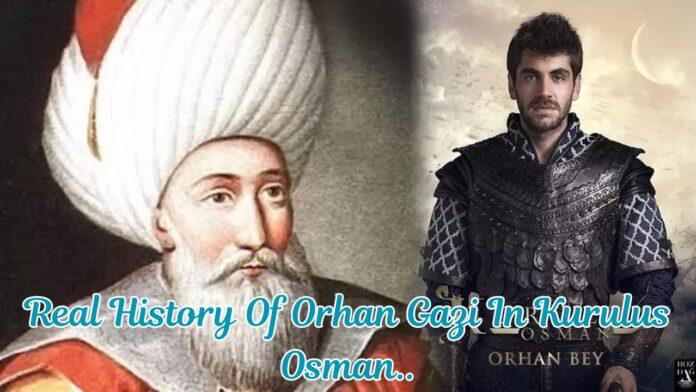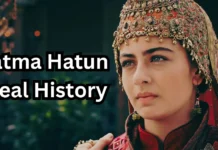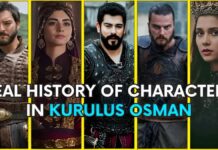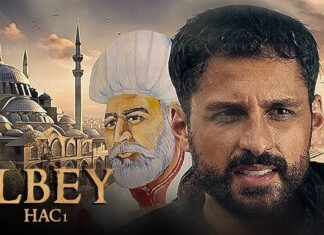The Ottoman Caliphate is known for its significant foundation. Orhan, also remembered as Orhan I, was the son of Ertuğrul Ghazi and grandson of Sheikh Edebali, who hailed from Delhi.
Birth and Early Life
Orhan Gazi bin Osman, born in 1288, was the son of Osman Ghazi and Rabia Khatun. During his early years, he was recognized as the grandson of the influential Sheikh Edebali.
The Conquest of Bursa
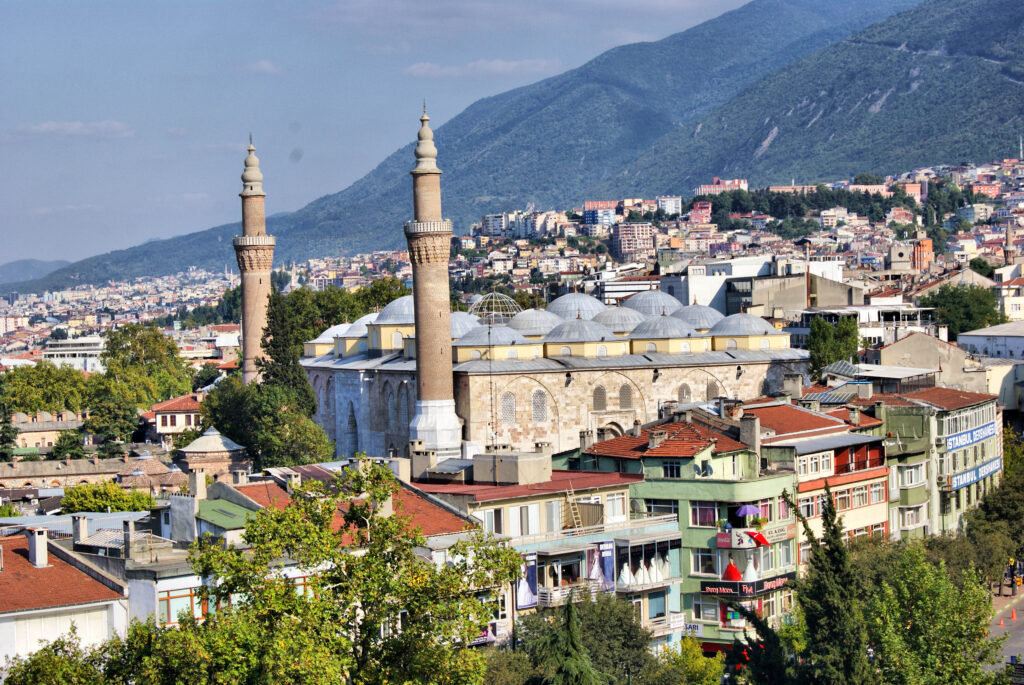
In 1317, Osman Ghazi laid the foundation for the city of Bursa, a process that lasted nearly ten years. During this time, Osman Ghazi fell ill, and his son Orhan led the army, entering Bursa as the city’s people surrendered. Osman Ghazi, gravely ill, received news of the conquest from Orhan and appointed him as his successor before passing away.
Ascension as Sultan
Following his father’s will, Orhan ascended as the second leader of the Ottoman Empire. Although he is referred to as Sultan Orhan today, he preferred the title “Amir,” similar to his father and grandfather. Historical records suggest Orhan Gazi was about 40 to 42 years old when he became the Emir of the Ottoman Empire.
The Founding of the Ottoman Empire

Orhan Gazi is often considered the true founder of the Ottoman Empire. Under his leadership, the empire expanded significantly and consolidated its power. His elder brother, Alauddin Pasha, organized the first formal Ottoman army, initially named after its organizer, Haci Muhtavali, recognized today as the world’s first regular army.
Conquests and Expansion
Orhan Gazi ruled the Ottoman Empire from 1326 to 1359. In his first year, he conquered Nicaea, a major city in the Asian part of the Byzantine Empire. After a prolonged siege, Nicaea fell to the Ottomans in 1330. Orhan allowed the city’s inhabitants to relocate with their belongings, but many chose to stay and converted to Islam.
The Annexation of Karasi and Other Principalities

In 1333, following the internal conflict in the Karasi principality, Orhan intervened, ultimately annexing Karasi and other smaller Turkish principalities in northwestern Anatolia. These regions were primarily Turkish, with a significant Greek population, many of whom converted to Islam.
State Building and Internal Peace
For nearly 20 years after these conquests, Orhan focused on state-building and organizing the military. He established peace and order, constructed mosques, schools, and hospitals, and invited scholars and intellectuals to Bursa. His efforts made Bursa a renowned center of knowledge, attracting students from Iran and the Arab world.
Expansion into Europe
After stabilizing internal affairs, Orhan Gazi turned his attention to Europe, attempting to extend Ottoman influence over the European territories of the weakened Byzantine Empire. By the mid-14th century, the Byzantine Empire had been significantly reduced in size and power.
Personal Life and Tragedy

Orhan Gazi was married to a princess named Nilüfer, and they had a son, Suleiman Pasha. Suleiman was known for his intelligence and military skills. However, in 1358, he tragically died after falling from his horse. Orhan Gazi, deeply grieved by his son’s death, passed away the following year.
Legacy and Contributions
During his 33-year rule, Orhan Gazi significantly strengthened the Ottoman army, expanded the empire’s territories, and laid a solid foundation for what would become the great Ottoman Empire. His humility and spirituality were evident in his governance, as he personally served food to the poor and maintained close relationships with scholars and mystics. His legacy lives on in the city of Bursa, which flourished under his reign and remains a symbol of cultural brilliance.

